Welcome to the future of surgical care at Southlake General Surgery, where the possibilities of laparoscopic surgery are reshaping the medical landscape.
Read MoreThe Future of Laparoscopic Surgery: Minimally Invasive Medicine
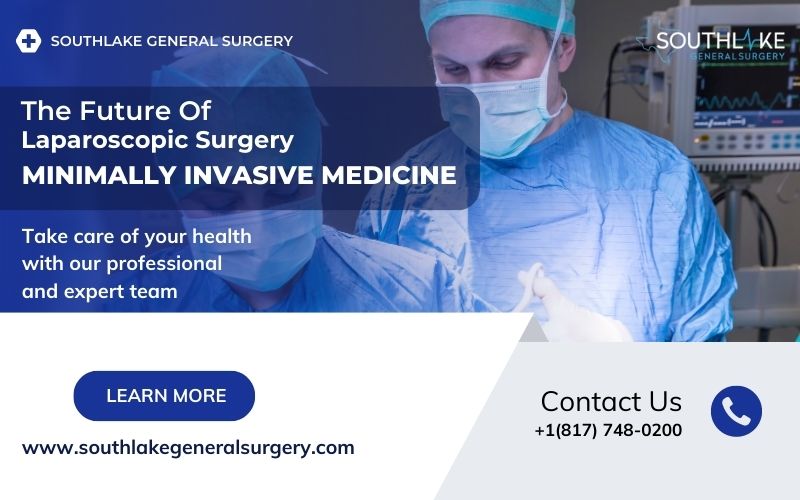

Welcome to the future of surgical care at Southlake General Surgery, where the possibilities of laparoscopic surgery are reshaping the medical landscape.
Read More
Effective pain management after hernia surgery is critical for the recovery process, allowing patients to rest comfortably and engage in light physical activity as soon as possible.
Read More
Hernia surgery recovery is an important part of the overall process of getting better. Patients who have undergone hernia surgery are responsible for taking the appropriate measures to ensure that their recovery proceeds according to plan.
Read More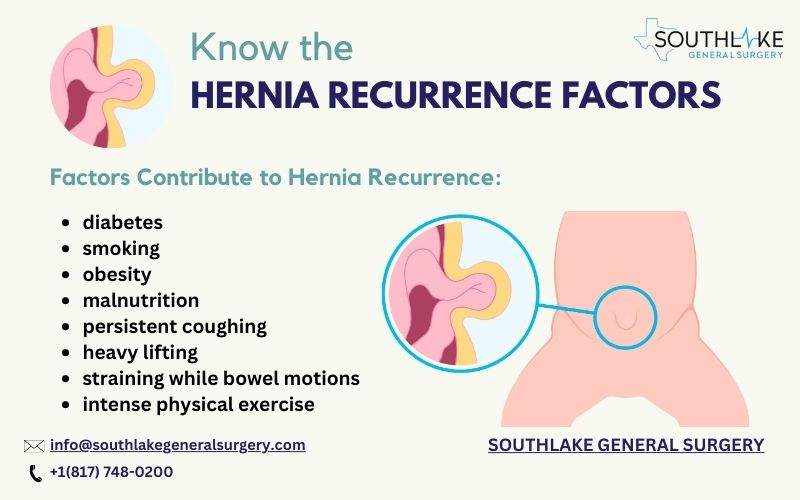
A hernia recurrence is an unfortunate complication that is possible to have after having hernia repair surgery. The recurrence of a hernia can be caused by several reasons, some of which are the patient’s age, gender, and general state of health.
Read More
One of the most discussed symptoms associated with thyroid disorders is weight gain. Thyroid disorders are examples of common medical conditions that impact the lives of millions of individuals all over the world.
Read More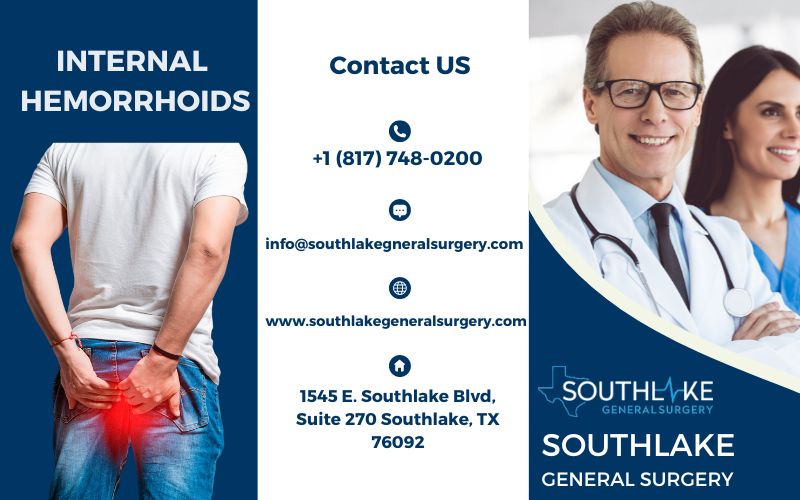
Many people experience internal hemorrhoids, making it a highly prevalent medical issue. These swollen veins appear within the rectum and anus and are a common source of pain, discomfort, and bleeding.
Read More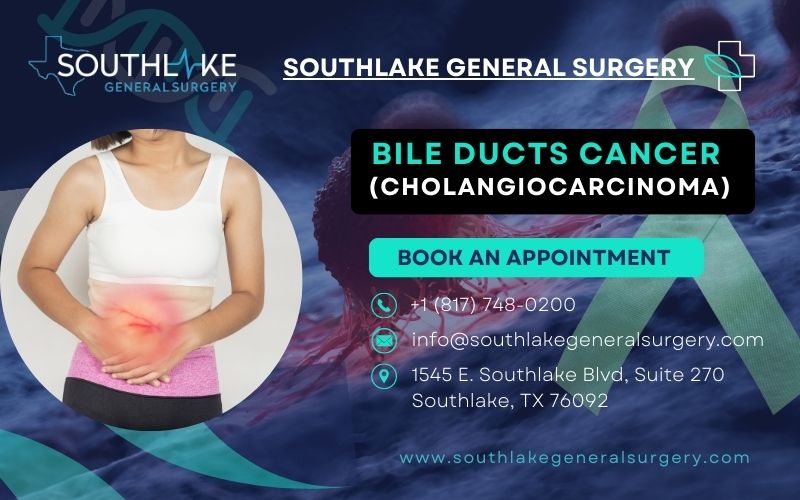
Cholangiocarcinoma, often known as bile ducts cancer, is a life-threatening condition. Despite its rarity, understanding its risks and symptoms is crucial for early detection and effective treatment. Early detection is difficult because symptoms usually don’t appear until the later stages. In the following paragraphs, we will discuss cholangiocarcinoma and its associated factors, diagnostics, and treatments.
Read More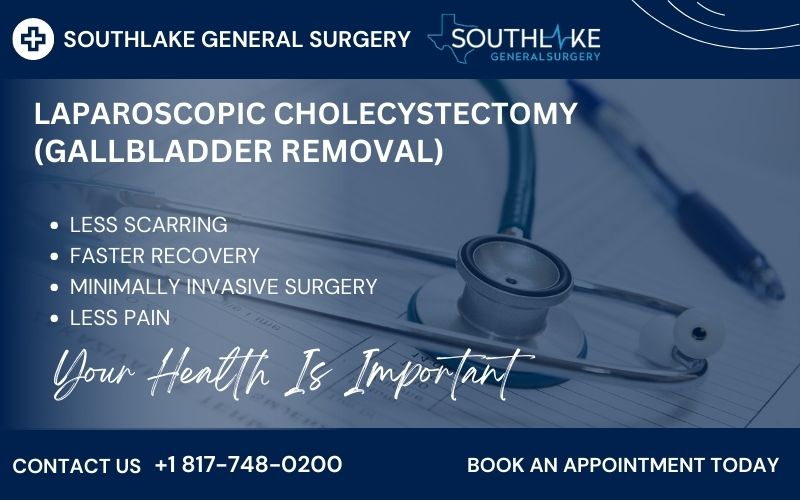
Gallbladder removal with laparoscopic cholecystectomy is a minimally invasive treatment with a potential recovery period of two weeks. Preventative measures and care after surgery are crucial to minimizing the likelihood of complications and facilitating a speedy recovery from this procedure.
Read More
Modern Hernia surgery and the usage of mesh today have come a long way from their infancy, embracing various advances in technology and medical expertise. The development and broad adoption of surgical mesh have been a game-changer in medicine in the last few decades.
Read More
In recent years, laparoscopic and open hernia repair surgery has gained popularity since they offer patients more treatment options. When the two approaches are compared, one can notice that there are significant differences between their surgical procedures, the amount of time needed for recuperation, and the risks that may be involved.
Read More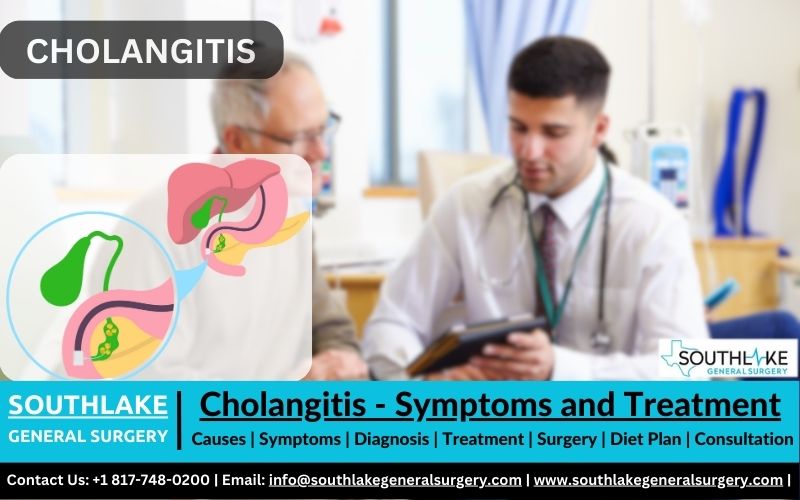
Cholangitis is an inflammation of the bile ducts, which are responsible for carrying bile from the liver and gallbladder to the small intestine, and can be fatal if left untreated. Doctors, nurses, and patients alike need a thorough grasp of cholangitis since early diagnosis and treatment can reduce the risk of serious consequences.
Read More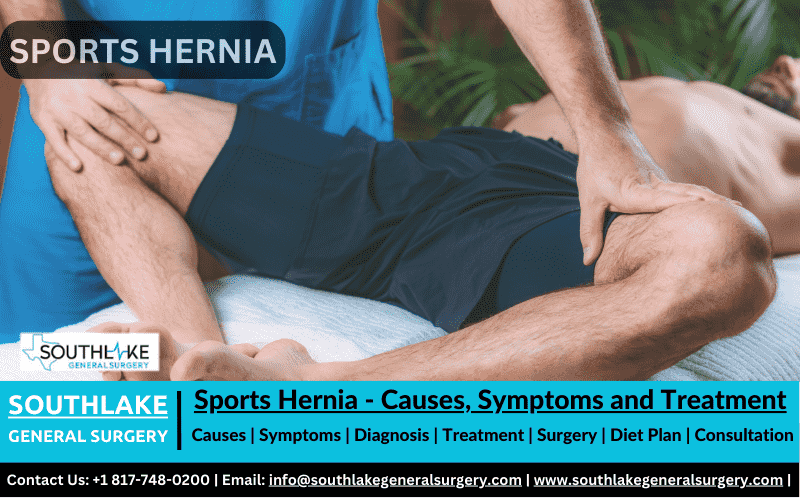
A sports hernia, also known as athletic pubalgia, is a disorder that can be painful and is frequently debilitating. It is common among athletes and other people who engage in strenuous physical activity. This injury happens when there is a weakening or tear in the muscles, tendons, or ligaments of the lower abdominal or groin area, causing acute pain and limited movement.
Read More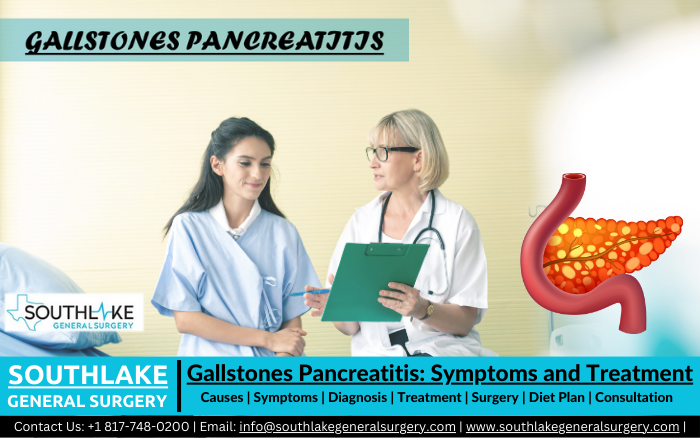
Gallstone pancreatitis is a serious condition that develops when gallstones pass through the bile duct and into the pancreatic duct. This causes inflammation of the pancreas. This obstruction leads to inflammation of the pancreas, which in turn results in excruciating pain in the abdominal region, nausea, and vomiting.
Read More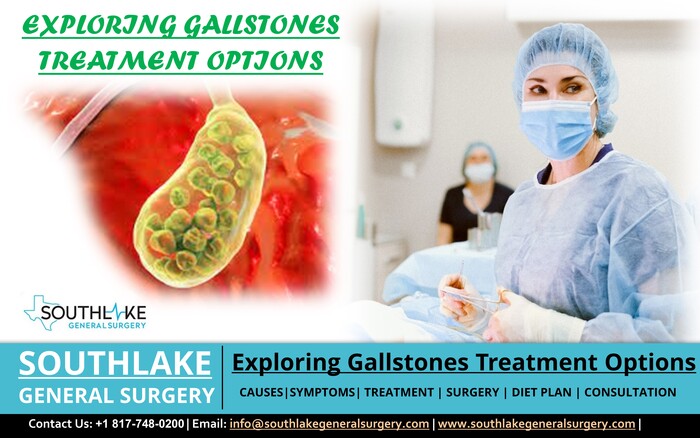
Gallstones can be a painful and debilitating condition, but there are many different treatment options available to patients. The type of treatment that is chosen will be determined by several factors, including the size and position of the stones, as well as the severity of the symptoms.
Read More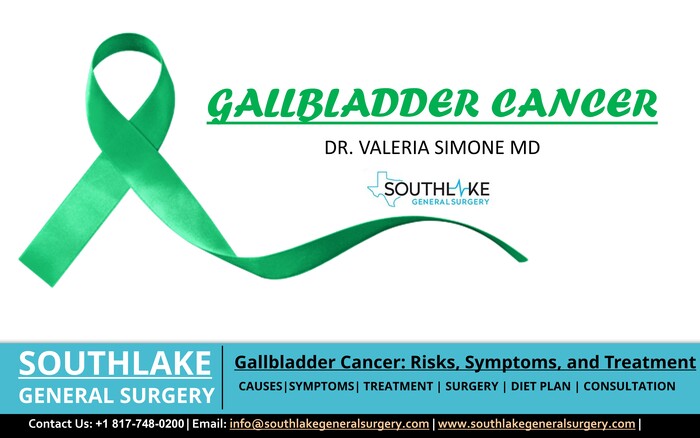
Gallbladder cancer is uncommon and can be challenging to diagnose and cure. Even though it is not as common as other types of cancer, it is still crucial to know the risks and symptoms connected with it.
Read More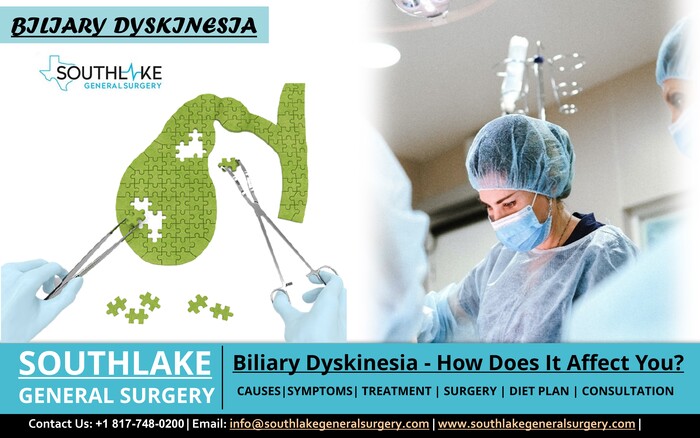
A clinical syndrome known as biliary dyskinesia (BD) is characterized by pain or discomfort in the right upper abdomen, nausea, and vomiting. Gallstones, infections of the biliary tract, and spasms of the sphincter of Oddi are the three conditions that are most frequently responsible for BD.
Read More